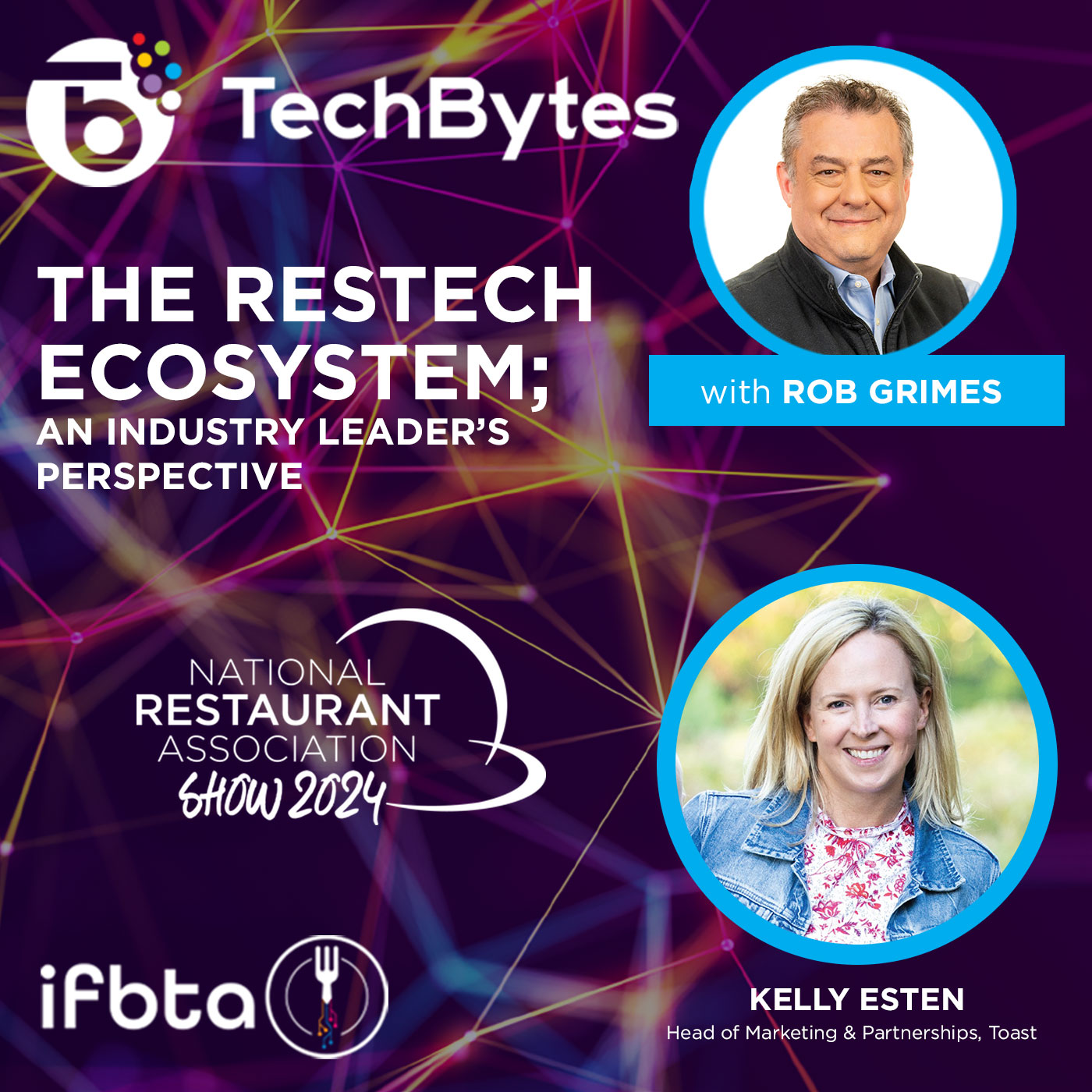
Technology-Aided Restaurant Sustainability

Taking an environmentally friendly approach in business is fashionable, notable, and often cost effective. Through implementation of the three ‘R’s – Reduce, Reuse, and Recycle – operators can conserve energy consumption, minimize unwanted waste, and be economical in the spirit of eco-consciousness. Additionally, customers are increasingly interested in the sustainability practices of restaurants and are sometimes making dining choices based on these factors. Given the multitude of environmental challenges, it is becoming increasingly evident that restaurant operators are adopting technology deigned to support and enhance sustainable practices. This can involve incorporating energy-saving procedures, switching to renewable sources of energy, elevating on-premises systems, and implementing effective recycling and composting schedules. Sustainable restaurants can positively impact profitability by implementing a variety of cost-saving measures, effectively marketing green initiatives, and enhancing customer satisfaction through personalized, technology-based, experiences.
Industry publications often describe sustainability as having three dimensions: environmental, economic, and social that focus on countering major issues such as climate change, reduction in biodiversity, loss of ecosystem services, land degradation, and air and water pollution. The idea of sustainability can guide decisions at the global, national, and local levels. In its broadest sense, sustainability refers to the ability to maintain or support a process continuously over time. In a business context, sustainability relates to minimizing the depletion of natural or physical resources. Technologies such as smart waste management systems, energy-efficient appliances, and eco-friendly packaging solutions are being aligned with sustainability goals for a stronger and more resilient approach. For most industries, including foodservice, the constant pressure to keep costs under control while balancing sustainability goals remain a challenge. The most successful eateries are taking a holistic approach that combines IT efficiency and sustainability. These efforts take advantage of the synergies among sustainable tech, hybrid cloud infrastructures, and modern IT environments engineered to offer robust, scalable performance using less power and other resources.
While restaurant companies have faced challenges in implementing sustainable technology, they have demonstrated resilience and innovation in overcoming obstacles that transform business. By embracing new technologies, strategic partnerships, and innovative solutions, restaurants are making significant progress in reducing environmental impact and providing improved customer experiences. According to recent research, fewer than half of domestic restaurants actively track their food waste, while about twenty-two percent donate leftover food, and fourteen percent compost. Despite these accomplishments, the industry has much work to do to achieve a more sustainable outcome.
See the full white paper: https://ifbta.member365.com/public/login/membership/0d89f1850bd782eaae59edcd376be5ebb9611fdd/1






